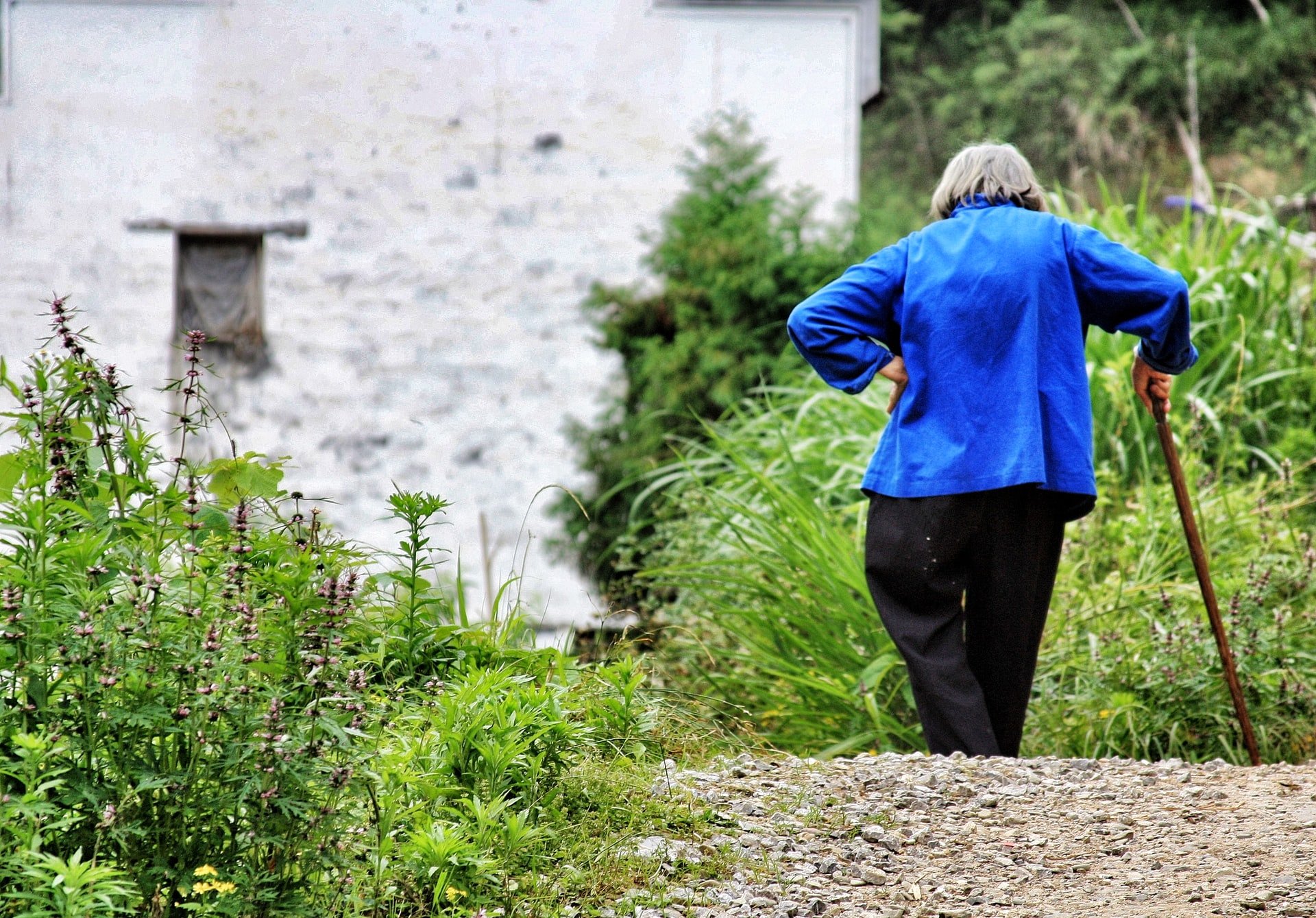
What Obstetric Fistula looks like
This story is a reality for many women.
What Men Need To Know About Obstetric Fistula
Let’s say, for a moment, that you are a woman. Let’s say you’re a pregnant widow. You are carrying a full belly at the end of a punishing 9 months.
If you are lucky, your labor pains will feel like your insides are being twisted, pulled, and squeezed. Sometimes even stabbed repeatedly. If you’re not (lucky), you’ll experience these pains come and go for at least three days before anyone in your village finds out what is happening to you.
If you’re lucky, someone will find you before the three days are over and organize for a donkey to carry you to hospital. If you are not lucky, a man will still find you. Only that you’ll be unconscious and swimming in a pool of your own urine and faeces. He is no health worker, but at least he has delivered calves before. He will then pull your lifeless child out from inside you.
As soon as you clean up to start mourning your stillborn child, you realize that you have once again wet yourself. For a moment you think ‘Maybe my body is still in shock.’ So you clean up again. It’s not shock. This is now your new normal. On most days you will wake up in a bed that constantly reeks of stale urine. If you are lucky, you will sometimes know when it’s time for a ‘number 1’. If you’re not, a ‘number 2’ will feel like giving birth to 10 giant razor blades.
By now your 12-year-old son has come home from boarding school. At first you try to hide it from him, but eventually it will be too exhausting to stay fresh all the time. He will grow up watching his mother live in excruciating pain and debilitating embarrassment. He’ll never truly understand why. You, yourself, don’t know what is happening to your body. Soon you’ll hear rumors that what you are suffering from can be treated. For Kshs 10,000. Even if you could miraculously afford treatment, you still won’t hesitate to first pay the Kshs 100,000 you owe the school in school fees arrears. You and your son would be lucky to spend Kshs 5,000 on food in one month; let alone treatment.
Soon, everyone in the village will be talking about how terrible your home smells. Those who don’t know about it will eventually find out when they invite you for weddings and funerals. You will only go to the ones you have to go to; the rest are friends you have lost.
You have now completely forgotten what life feels like when you are not surrounded by urine and faeces. A 7 out of 10 on the pain scale counts as a good day. A 5 is a miracle. School is now a luxury for your son. He has to drop out just to help you with the most basic of chores.
It’s been 20 years. You are an old and lonely woman now. Your son is long settled in a nearby town. At least he comes home for Christmas Day. One day a group of UN Health Workers shows up at your door talking about a disease that sounds awfully similar to what you are suffering from. They tell you treatment is free.
The day after your surgery, you wake up in a clean bed for the first time in 20 years. The feel of soft fabric against your skin is so alien that it almost feels uncomfortable. The journey back home from hospital is hours long, but painless. It is both the longest and the shortest journey you have ever had.
One day, as you get used to your new body, you notice a solitary tear running down your cheek. Now that there is no pain, you finally have time for your emotions. Maybe it’s the thought of the child you never had. Maybe it’s the life it (she) could have had. Maybe it’s the life you could have had. Maybe you are still lonely. Maybe you have just remembered that you used to have a husband. Maybe you miss him.
Maybe your life could have been different.
Have you heard of obstetric fistula before? Do you know anyone who has had it? How did you help them?
